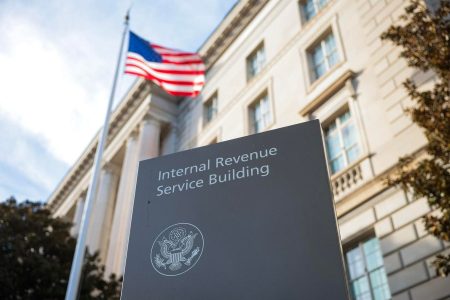The Internal Revenue Service (IRS) has a defined period within which they can audit a taxpayer’s return. This period, known as the statute of limitations, generally provides taxpayers with a degree of certainty after filing. However, the duration of this period isn’t always straightforward and can vary significantly based on several factors, potentially extending to an indefinite period under certain circumstances. Understanding these nuances is crucial for effective tax planning and managing potential audit risks.
The most common statute of limitations is three years from the filing date or the tax return’s due date, whichever is later. This means that if a return is filed early, the audit period doesn’t begin until the official due date. However, this three-year period can be extended to six years if a taxpayer omits more than 25% of their gross income. This includes instances where the cost basis of a sold asset is overstated, effectively understating the realized income. The six-year statute also applies if more than $5,000 of foreign income is omitted, even if the existence of the foreign account is disclosed. These extended periods highlight the importance of accurate income reporting and meticulous record-keeping, particularly concerning foreign financial activities.
Beyond the three and six-year rules, certain circumstances can trigger an indefinite statute of limitations, leaving taxpayers perpetually exposed to potential audits. A primary example is the failure to file specific information returns, particularly those related to foreign accounts and assets. Form 3520, reporting gifts or inheritances from foreign nationals, and Form 8938, disclosing specified foreign financial assets, are crucial for ensuring compliance. The omission of these forms effectively prevents the audit clock from starting, creating a situation where the IRS can audit the associated tax year at any time in the future. This indefinite exposure underscores the critical importance of accurate and timely reporting of foreign financial activities.
Another critical form triggering an indefinite statute of limitations is Form 5471, related to ownership in foreign corporations. This form is required for U.S. shareholders in controlled foreign corporations and when a U.S. shareholder acquires 10% or more ownership in any foreign company. Failing to file Form 5471 not only results in significant penalties, typically $10,000 per form, but also leaves the entire tax return open to indefinite audit. This means the IRS can examine and assess taxes related to the missing Form 5471 and any other item on the return, without any time restriction. This harsh consequence reinforces the significance of Form 5471 and the need for meticulous compliance when dealing with foreign corporate ownership. It effectively equates the missing form to the absence of a signature on the return, rendering it incomplete and perpetually open to scrutiny.
Several seemingly minor oversights can also have significant ramifications on the statute of limitations. Failing to sign the tax return, altering the penalties of perjury clause, or omitting required forms related to offshore accounts held by a company can all trigger an indefinite audit period. These errors, often unintentional, can place taxpayers in a state of perpetual audit risk, highlighting the importance of careful review before filing. Even seemingly small mistakes can have far-reaching consequences, making diligence and attention to detail paramount.
The complexity of the IRS statute of limitations necessitates a proactive approach to tax compliance. Taxpayers should maintain meticulous records, especially regarding foreign financial activities and corporate ownership. Consulting with tax professionals can provide valuable guidance in navigating these intricacies and ensuring compliance with all reporting requirements. Understanding the various factors that influence the audit period is essential for managing potential audit risks and achieving peace of mind after filing a tax return. A proactive and informed approach can help taxpayers avoid the uncertainty and potential financial repercussions associated with extended or indefinite audit periods.
Ultimately, navigating the complexities of IRS audit rules requires careful planning and attention to detail. Taxpayers must maintain accurate records, understand the specific reporting requirements related to their financial activities, and seek professional guidance when necessary. This proactive approach can significantly mitigate the risk of facing an extended or indefinite audit period, ensuring financial stability and peace of mind. The consequences of non-compliance can be severe, ranging from substantial financial penalties to the perpetual threat of an audit. Therefore, prioritizing accurate and timely tax filing is not merely a legal obligation but a crucial step in safeguarding one’s financial well-being.










